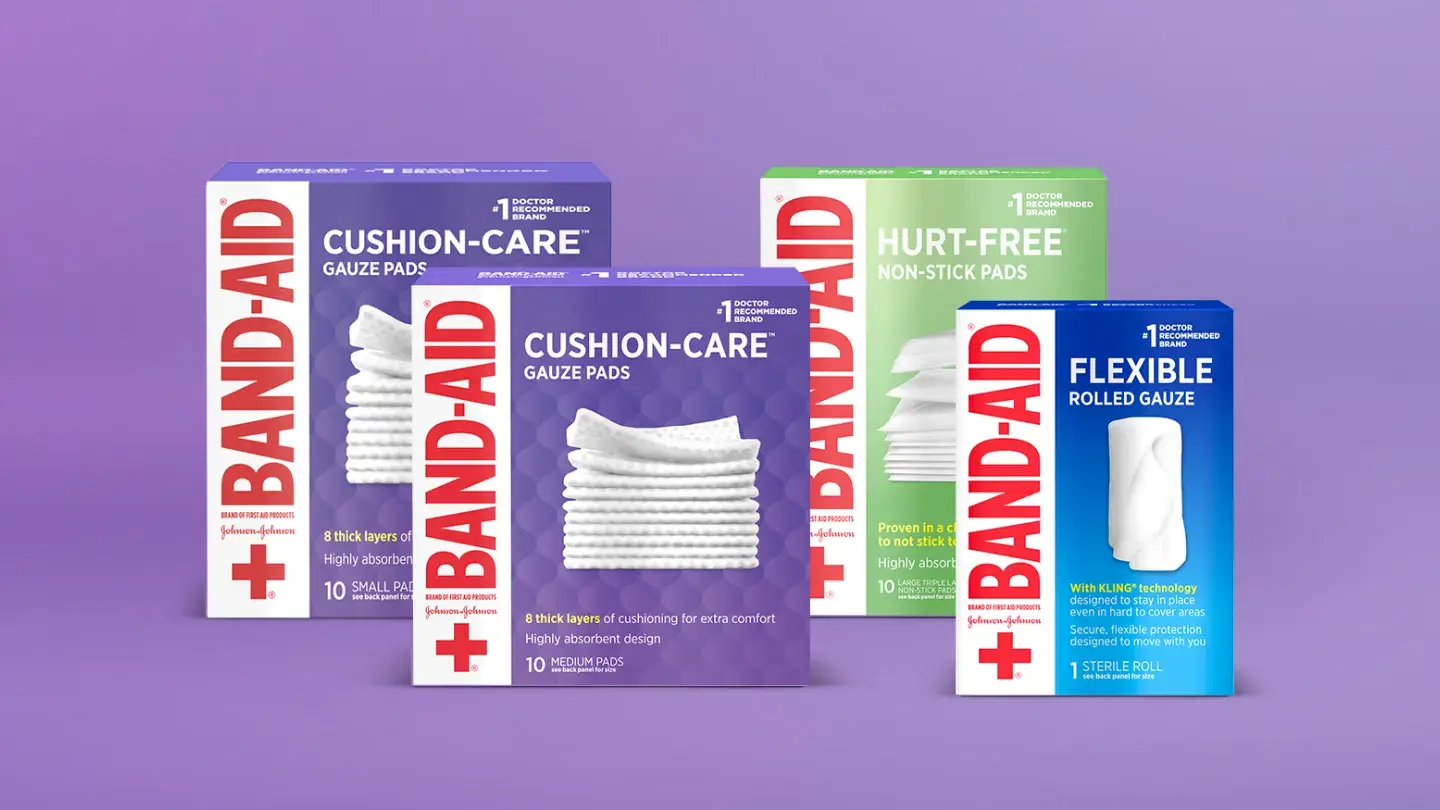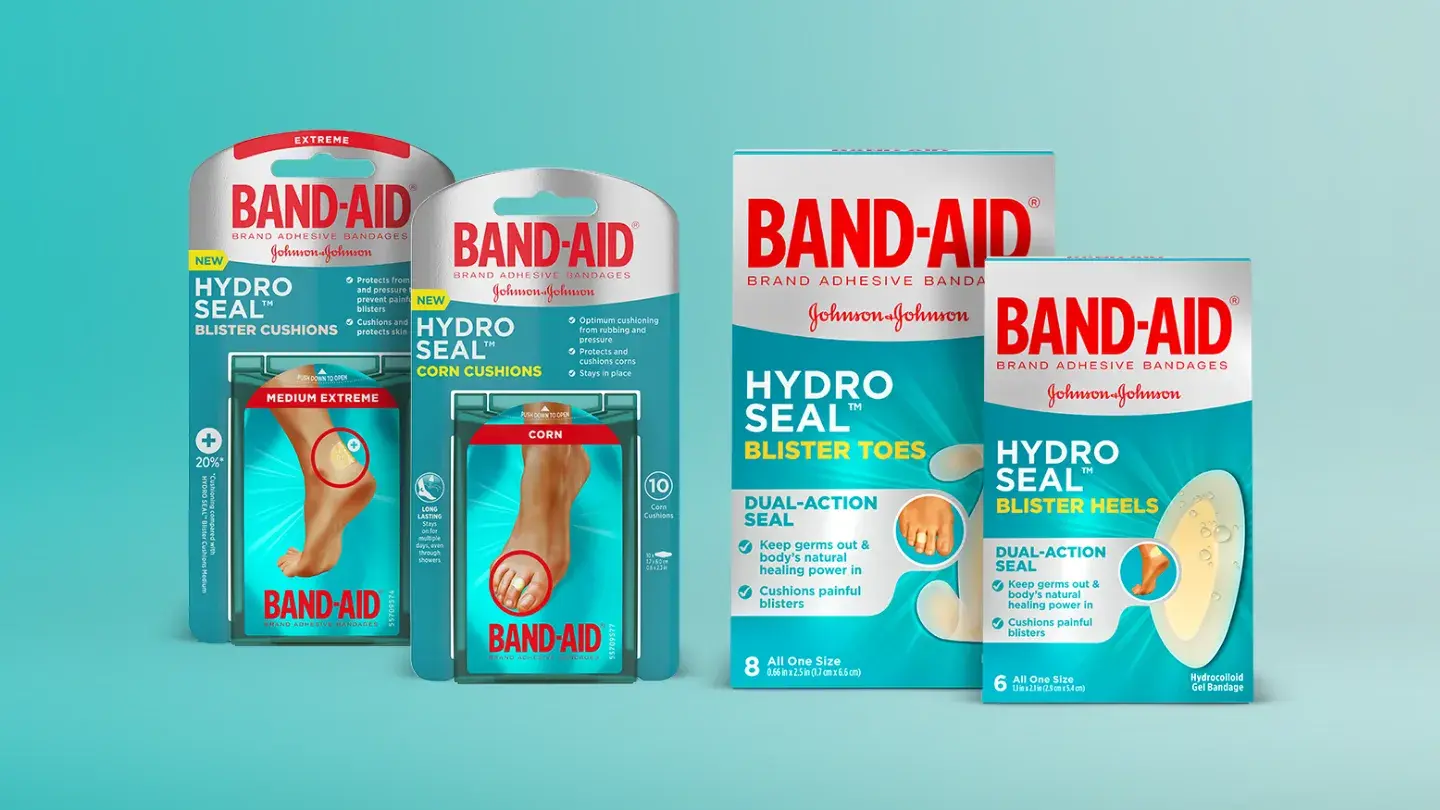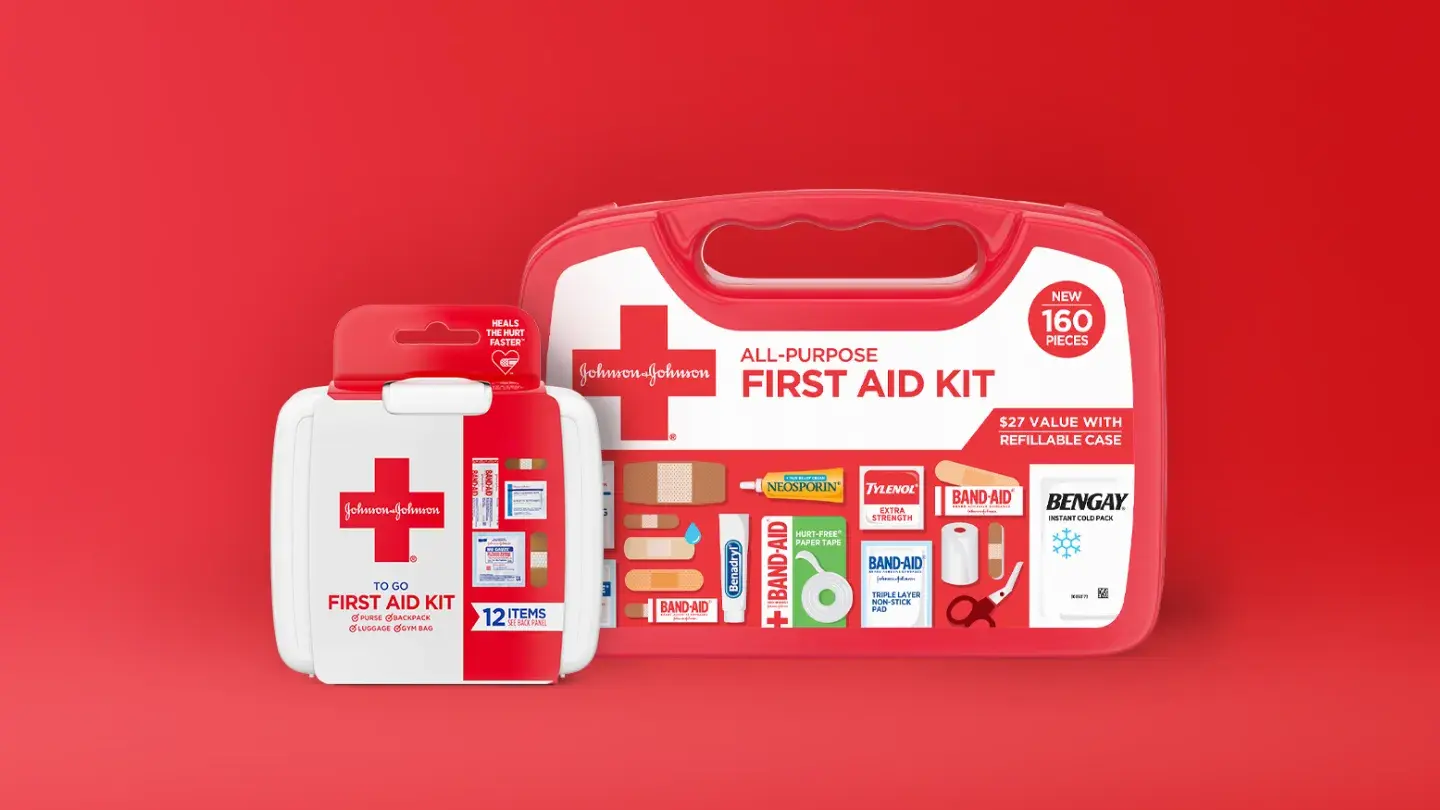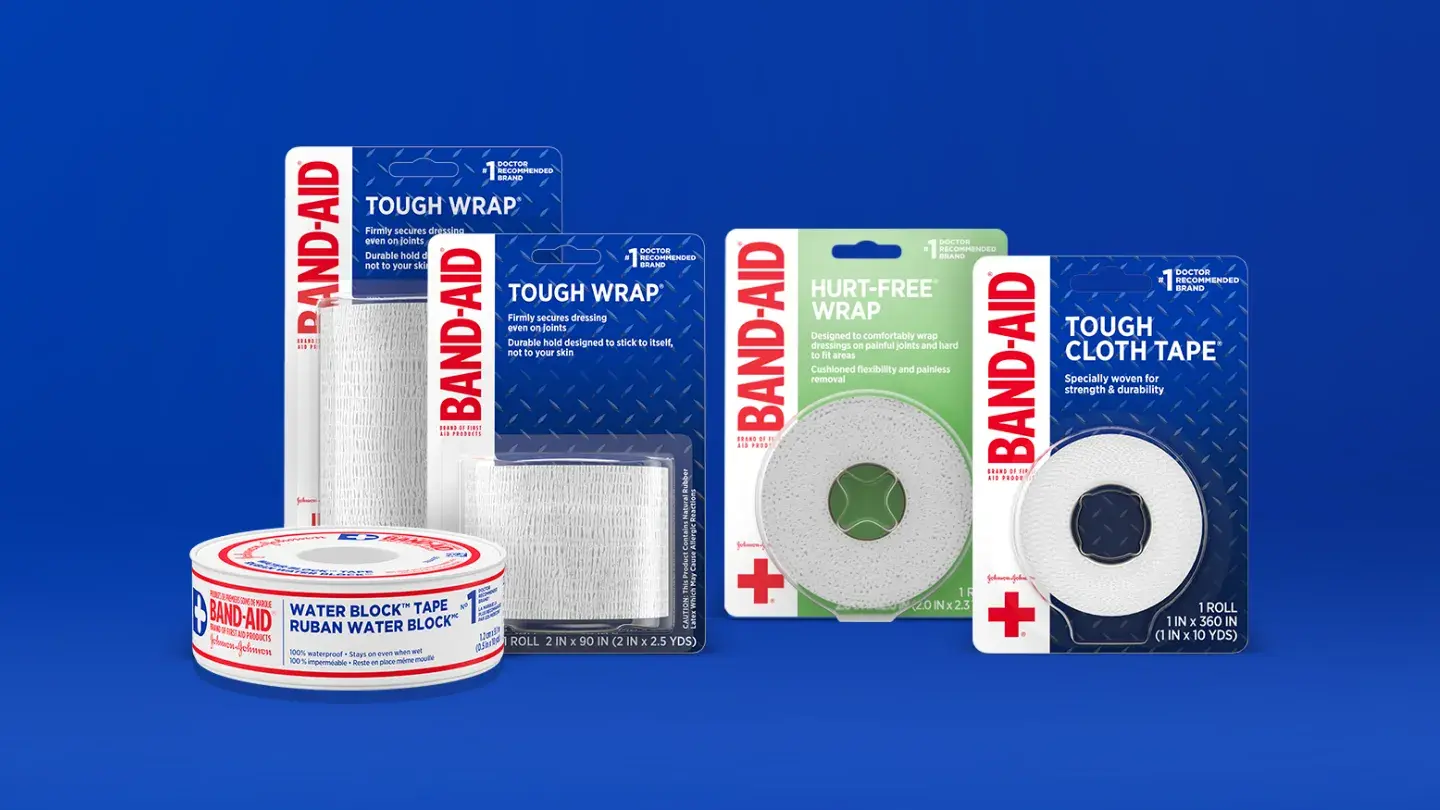POST-SURGERY CARE AND RECOVERY
Rest Up and Recover Well
Understanding how to properly care for your incision—and yourself—after surgery can help prevent infection so you can recover faster. And since, almost one-third of surgery patients develop an infection during recovery,1 it’s important to know the signs.

Recuperating After Surgery: Your Need-to-Know Info

Eat Well & Regularly
Your body’s working hard to repair itself, and it needs nourishment to do that.

Get Plenty of Sleep
You may find it difficult due to discomfort, but your body does a lot of healing while sleeping after surgery.

Manage Pain & Stress
Take pain medication only as directed and avoid stress, which can make your body heal slower.2
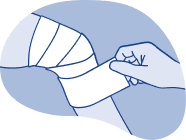
Keep Your Wound Clean & Covered
Make sure your wound stays clean, covered, and dry at all times. Using a bandage will keep your wound protected as it heals.

Move Slowly
While it’s good to get the blood flowing with a bit of movement, avoid activity after surgery that could strain the area around your wound. Check in with your doctor about when it’s safe to exercise again.

Keep at the Care
Keep caring for your incision until it is fully healed. Nearly 30% of patients run into post-surgical complications and end up back in the hospital—usually because they relaxed care.
Post-Surgery Care: What to Do on the Daily
Plan on spending at least 10-20 minutes caring for your surgical incision every day. It could be more if you have multiple incisions or were sent home with special care instructions.
You’ll need to:
Inspect it regularly to make sure it’s free from infection
Clean it
Change the dressing
Getting Clean While Staying Covered
As regular as showering may be, get your healthcare provider’s okay before jumping in after surgery. And keep in mind, your incision needs a little extra protection in there:
Keep it dry with a waterproof bandage that seals on all four sides.
Avoid soaking or putting it directly in strong streams of water.
Stay away from shower gels, soap, and lotions.
After showering, remove the waterproof bandage and cover your incision again with a clean, dry dressing.
Abdominal Surgery Recovery
Because your core—your abdomen—is involved with so many of the moves your body makes, recovering from abdominal surgery can require some special care.
Take It Real Easy
No stretching or straining allowed. Recruit help where you can because everything you need should be brought to you or within a short arm’s reach.
Support the Abdomen
Maintain good posture when walking and standing. And hold your abdominal incision for sudden movements, like when laughing, coughing, or sneezing.
Get Comfy
To sleep, use an extra pillow between your knees and another under your stomach when lying on your side. This should help keep you comfortable and stop you from rolling onto your abdominal incision.
Move Around … But Not Too Much
You need rest, but too much lying around can trigger blood clots or pressure ulcers.3 Getting up and gently walking after surgery will get the blood flowing and your digestion moving. A bit of discomfort is to be expected, but make sure you’re not straining your abdominal area in any way. Too much activity can land you back in the hospital.
Avoid Lifting
Your doctor may tell you a different amount, but generally avoid lifting anything more than 5lbs while recovering after surgery. This includes groceries, laundry, children, and pets.
C-Section Incision Care & Recovery: Don’t Rush to Bounce Back
The days and weeks that follow a C-section bring their own special care requirements—and that’s not including the baby! Just know that taking care of yourself while you recover from a C-section is every bit as important as taking care of your new little life.
Sources:
“Surgical Site Infections” https://www.cdc.gov/healthcare-associated-infections?CDC_AAref_Val=https://www.cdc.gov/HAI/pdfs/ssi/SSI_tagged.pdf
“How to Take Care of Your Wound After Surgery” https://www.webmd.com/first-aid/surgical-wound-care
“Mistakes After Surgery that Slow Your Recovery" https://www.webmd.com/healthy-aging/features/rehab-mistakes#1
When to Call a Doctor
Even with the most conscientious care, you can run into trouble with post-surgery wounds. You may find yourself wondering if your symptoms are normal or a sign of emergency. If you’re ever seriously concerned, err on the side of caution and call your doctor.

Not sure what to do?
Call our Nurse Hotline to speak with a medical professional.
Seek professional if you have:

A surgical incision that is swollen, hot, or notably red

A wound that has green or yellow drainage

A wound that smells bad

Bleeding that does not stop with pressure

Pain that is not getting better

A feeling of hardness or fullness around the incision

A surgical incision that has opened

A fever or 38.3°C or 101°F
Related Articles

POST-SURGERY CARE AND RECOVERY
Incision Care
You’re on the road to recovery! While you’re healing from your surgery or stitches, plan on spending 10-20 minutes a day inspecting and caring for your incision. The healing and recovery process will be significantly faster if infection is avoided, so it’s worth following your home-care instructions.

POST-SURGERY CARE AND RECOVERY
C-Section Recovery
One in every three babies in the United States is delivered by cesarean section—a surgical birth that requires an incision to the mother’s uterus and abdominal wall. So while a C-section is a common surgery, the healing and recovery process is not quick. It’s measured in weeks, not days, and recovery time can be different for everyone. Keeping that in mind can help ease anxiety about how slowly or quickly you’re recovering.

FIRST AID BASICS
Protect Yourself: Covered Wounds Heal Faster
It’s true! Scientific studies show that cuts, scrapes, and burns heal quicker when covered versus uncovered.





